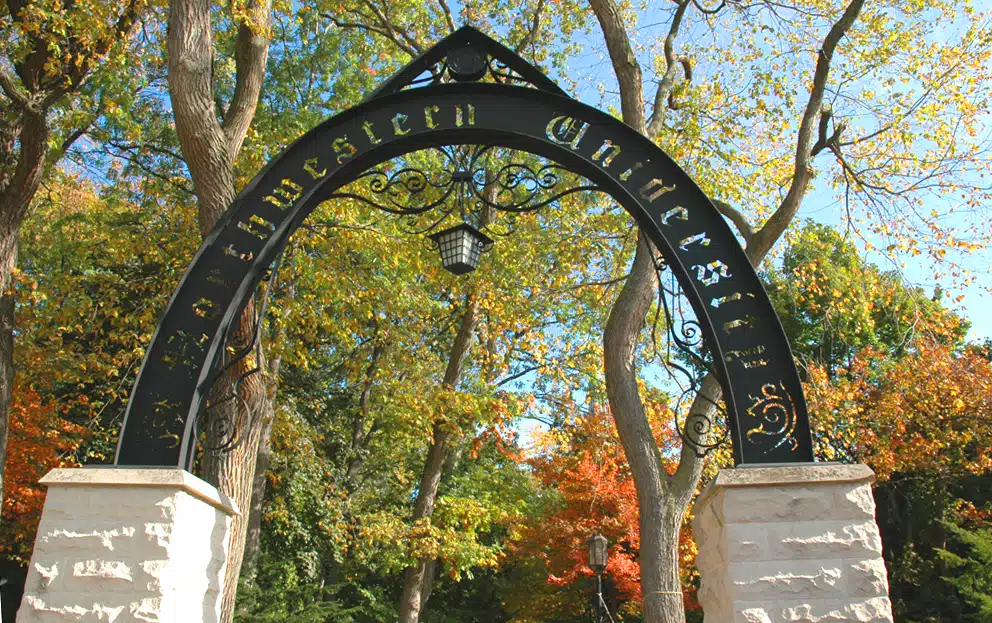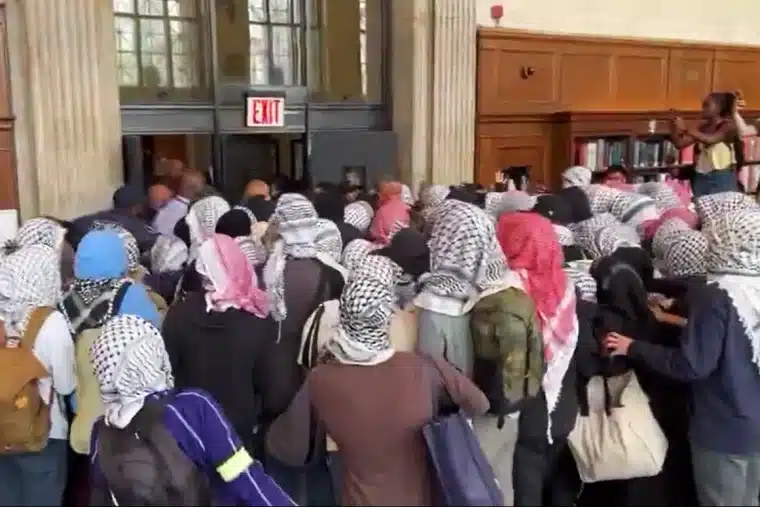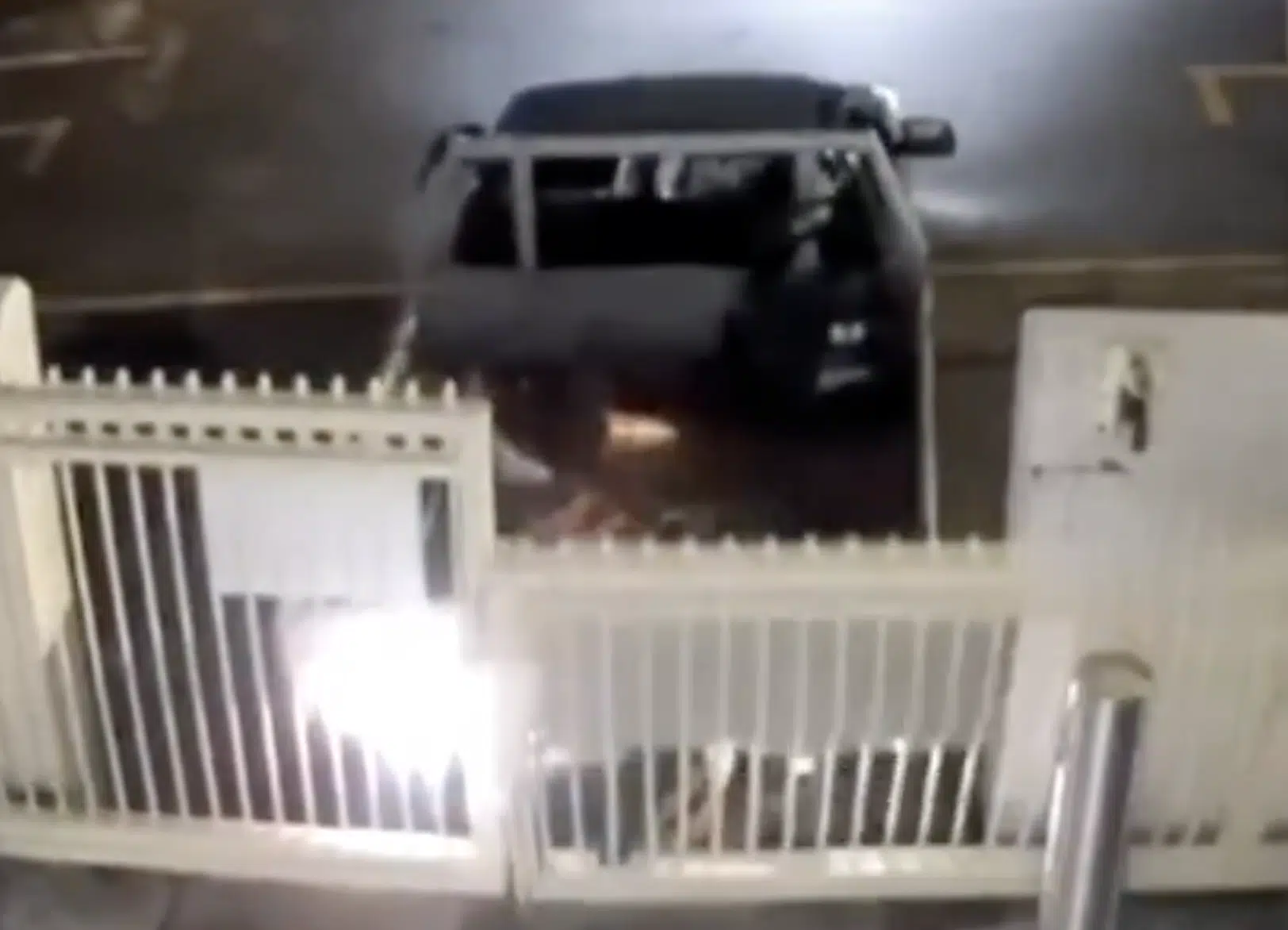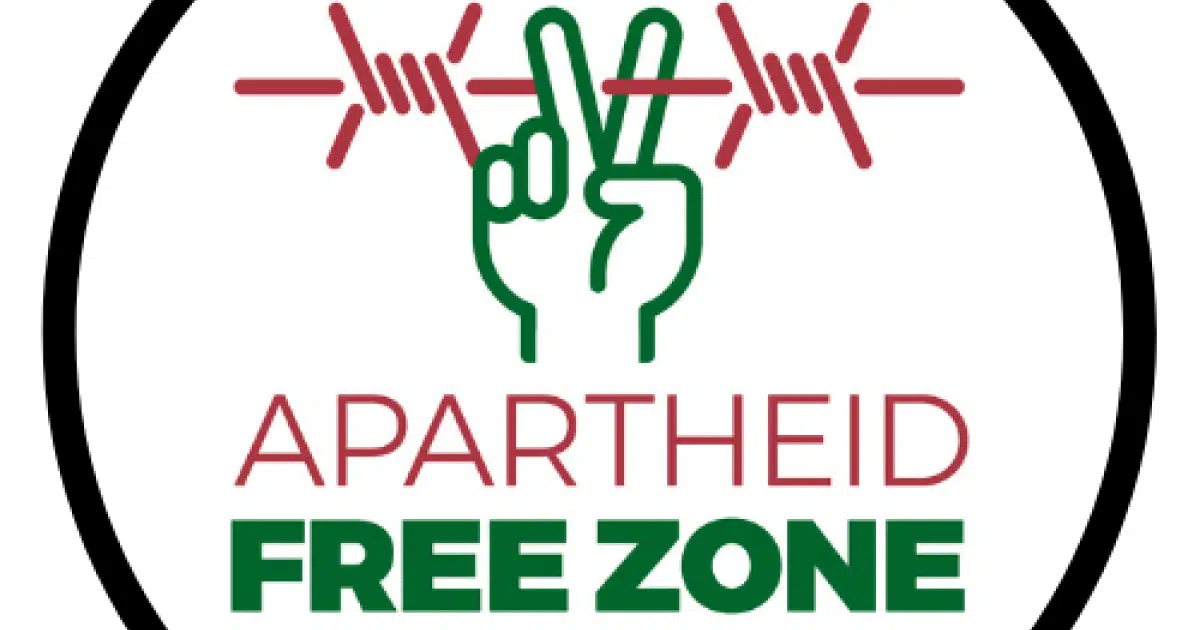|
Getting your Trinity Audio player ready...
|
A newly-released poll from The Daily Northwestern revealed widespread concerns among Jewish students about antisemitism they continue to face — directly contradicting Northwestern University’s recent assertion that it had significantly improved the campus climate for Jews.
Just more than a month ago, in its Progress Report on Efforts to Combat Antisemitism, Northwestern claimed that “virtually every indication is that the vast majority of our Jewish students… feel that the campus is much safer this year.” The administration highlighted revised disciplinary policies, mandatory antisemitism training, the adoption of the International Holocaust Remembrance Alliance (IHRA) Working Definition of Antisemitism, and the establishment of a Presidential Advisory Council on Jewish Life as proof of progress. A decline in formal complaints was presented as further evidence the situation was “under control.”
But the new Daily Northwestern data tells a different story — one of fear, marginalization, and a growing disconnect between university messaging and student experiences.
According to the Spring 2025 Campus Poll, 58% of Jewish students said they or someone they knew had experienced antisemitic behavior on campus. Additionally, 63.1% described antisemitism as a “somewhat” or “very serious” issue — more than double the 30.4% of the overall student body who said the same. Beyond antisemitism, 30.3% of all students — and 57.6% of those who identified as moderates and conservatives — reported feeling pressure to align with dominant political views on campus.
See the full poll results HERE.
These findings come as Northwestern remains under multiple federal investigations into alleged Title VI violations and its handling of campus antisemitism, particularly following the pro-Palestinian encampment that disrupted campus life in April 2024.
Northwestern had touted an 88% drop in reported antisemitic incidents since November 2023 — but that decline followed an unprecedented spike after the October 7th Hamas massacre, a moment of crisis, not a stable baseline. A drop in reports does not necessarily signal a resolution — rather only that the initial shock has faded, while the deeper problem persists. In fact, with 63.1% of Jewish students still viewing antisemitism as a serious issue, their ongoing fear and marginalization suggest that the problem remains deeply embedded — despite the university’s public assurances of progress.
Meanwhile, a majority of the broader student body failed to recognize the problem’s severity — exposing how deeply normalized and overlooked this hatred has become.
Yes, the university has reformed policies, implemented trainings, and adopted new definitions. It has pledged transparency and accountability — and some of those measures are meaningful. But the reality remains: Jewish students continue to feel unsafe and a majority still see antisemitism as a serious, unresolved issue.
If Northwestern is truly committed to confronting antisemitism, its actions must go beyond compliance. Policies must be enforced. Commitments must be honored in practice. And Jewish students must be seen, heard, and protected.
What defines institutional credibility isn’t stated intentions — it’s whether students feel safe. And right now, they don’t.
NEW POLL: Northwestern University’s claim that campus antisemitism is “under control” completely contradicted by their own data. 58% of Jewish students have experienced antisemitism, with majority calling it a serious issue. The numbers speak for themselves. Poll by @thedailynu pic.twitter.com/Nkr3A4FFKm
— Combat Antisemitism Movement (@CombatASemitism) May 11, 2025












